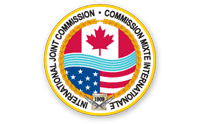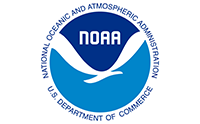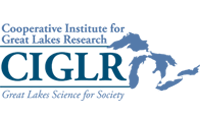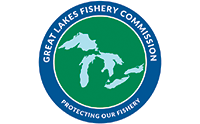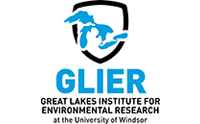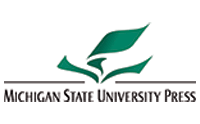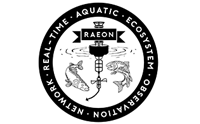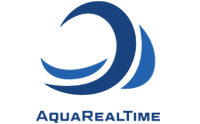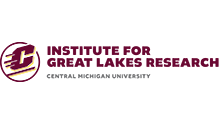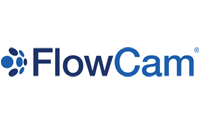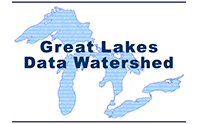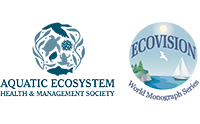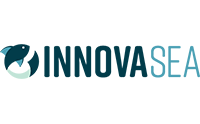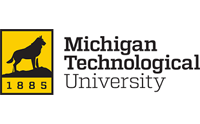

An IAGLR plenary featuring Henry Lickers
Translators needed to bridge gap between Science and Traditional Knowledge Systems
Tuesday, May 18
This talk will address the conference theme "Bridging Knowledges."
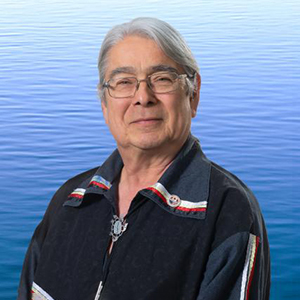
Hundreds of nations and cultures thrived in North and South America before contact, each with their own language and understandings. To cross these continents, a person needed a way to communicate with the peoples in each area. Translators were key to a successful crossing, and they needed a universal system to convey ideas and purpose of the traveler and to facilitate trade. As a result, Native American Sign Language was invented, and a modified form is still used today. A successful communication system needs three things: respect, equity, and empowerment. In this presentation, I will discuss each of these principles and how they assist with communication and building a relationship. The Haudenosaunee called this process the “Great Way of Peace” or the “Way to be Nice.” It helped to establish a relationship between the parties and a way to analyze our mistakes. The Way of Peace has been used in many places such as the United Nations Charter, the U.S. Constitution, and the Communist Manifesto to name a few. Each nation in North and South America had different and peaceful ways of dealing with strangers. The relationship between scientists and Indigenous peoples has been an arduous journey, but a necessary one. In these current dangerous times, more then ever we need the knowledge systems of all peoples to tackle our shared problems. Climate change, poisoned environments, faulty financial systems, and out-of-control governance systems are threatening our joint existence It’s time that we talk together as friends and look for solutions.
About the speaker
Henry Lickers is a member of Seneca Nation, Turtle Clan. He has been married for over 50 years and has three grown children and two granddaughters. He was the director of the Mohawk Council of Akwesasne, Department of the Environment for 34 years and senior environmental science officer for six. At present, he is the first Indigenous Canadian Commissioner on the International Joint Commission. During his career, he served as principal investigator on the EAGLE (Effects on Aboriginals in the Great Lakes Environment) Project and the Naturalized Knowledge Systems Project, both of which investigated First Nations environmental issues.
